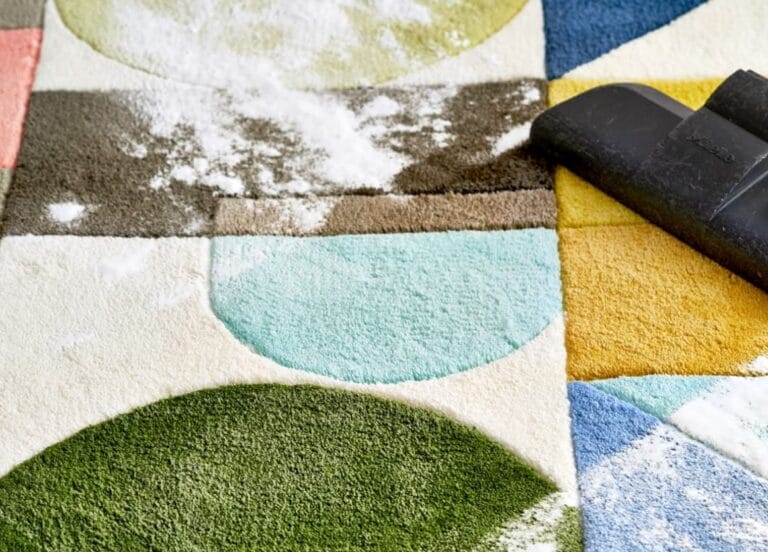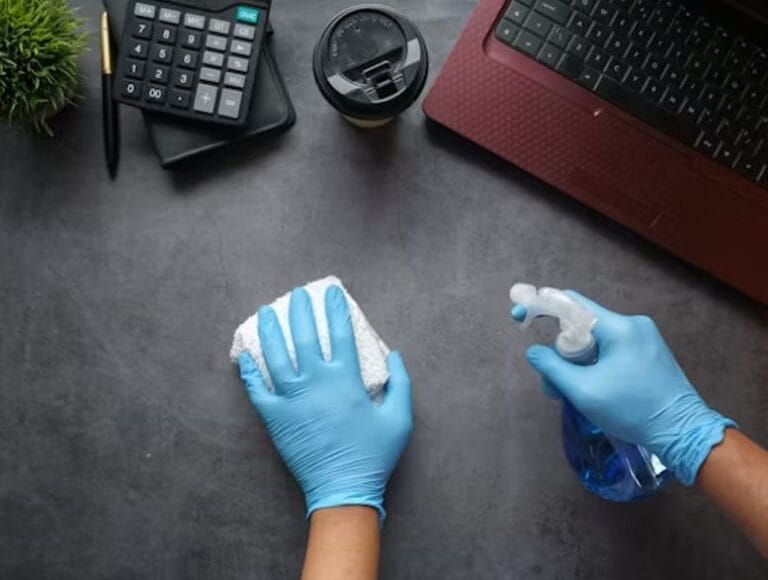Does Dish Soap Kill Grass? (What You Need to Know)

If you’ve ever spilled dish soap on your lawn or wondered whether it could be used as a weed killer, you’re not alone. Many homeowners have asked: Does dish soap kill grass? The answer isn’t a simple yes or no—it depends on how it’s used.
In this article, we’ll explore:
- How dish soap affects grass
- Whether it can be used as an herbicide
- Safe ways to use dish soap in your yard
- Alternatives to dish soap for lawn care
How Does Dish Soap Affect Grass?
Dish soap is designed to break down grease and oils, which is great for cleaning dishes but can have unintended consequences on plants. Grass, like all plants, has a protective waxy coating on its leaves that helps retain moisture. Dish soap can strip away this layer, leading to:
- Dehydration – Without its protective coating, grass loses water faster and may dry out.
- Chemical Burns – Concentrated soap can burn grass blades, turning them yellow or brown.
- Soil Disruption – Soap can alter soil pH and harm beneficial microbes that keep lawns healthy.
Will a Small Amount of Dish Soap Kill Grass?
A few drops of diluted dish soap (such as in a homemade insecticidal spray) likely won’t kill your grass. However, pouring undiluted soap directly on the lawn can cause damage, especially in hot or dry conditions.
Can Dish Soap Be Used as a Weed Killer?
Some gardeners use dish soap as a natural weed killer, often mixed with vinegar or salt. While it can help dry out weeds, it’s not selective—meaning it can harm your grass and other desirable plants too.
Dish Soap Weed Killer Recipe (Use with Caution)
If you want to try a DIY weed killer, here’s a common recipe:
- 1 gallon of white vinegar (acetic acid burns weeds)
- 1 cup of salt (draws moisture out of plants)
- 1 tablespoon of dish soap (helps the solution stick to leaves)
⚠️ Warning: This mixture will kill any plant it touches, including grass. Use it only on weeds in sidewalks, driveways, or gravel areas—not lawns.
Safe Ways to Use Dish Soap on Your Lawn
While dish soap can harm grass in high concentrations, it has some beneficial uses when used properly:
1. Pest Control (Aphids, Mites, and Other Insects)
A mild soap solution can help control soft-bodied pests like aphids without harsh chemicals.
- Mix: 1-2 tablespoons of mild dish soap (like Dawn) per gallon of water.
- Spray: Apply early morning or evening to avoid sunburn on wet grass.
- Rinse: After a few hours, spray the lawn with water to remove residue.
2. Soil Wetting Agent (For Water Repellent Lawns)
If your lawn has dry patches where water pools instead of soaking in, a tiny amount of soap can help.
- Mix: ½ teaspoon of dish soap in 1 gallon of water.
- Apply: Pour over compacted or hydrophobic soil to improve water absorption.
3. Cleaning Lawn Tools & Patios
Dish soap is great for cleaning mower blades, garden tools, and hardscapes without harming nearby grass when rinsed properly.
What to Do If You Spill Dish Soap on Grass
Accidents happen! If you spill concentrated soap:
- Rinse Immediately – Flush the area with plenty of water to dilute the soap.
- Water Deeply – Soak the spot over the next few days to prevent dehydration.
- Monitor for Damage – If grass turns yellow, trim damaged blades and keep the soil moist to encourage regrowth.
Better Alternatives to Dish Soap for Lawn Care
If you’re looking for safer ways to maintain your lawn, consider:
- Organic Herbicides – Products with citric acid or clove oil target weeds without harming grass.
- Corn Gluten Meal – A natural pre-emergent weed preventer.
- Proper Lawn Care – Thick, healthy grass crowds out weeds naturally.
Final Verdict: Does Dish Soap Kill Grass?
✅ In small, diluted amounts – Usually safe for pest control.
❌ In concentrated spills or weed killer mixes – Can damage or kill grass.
The key is moderation. If you use dish soap on your lawn, always dilute it and rinse thoroughly. For weed control, opt for more targeted solutions to keep your grass thriving.







